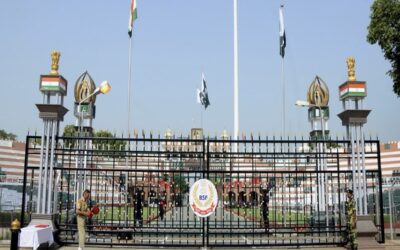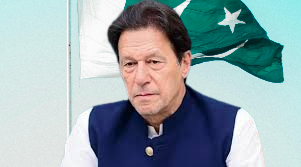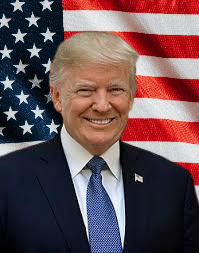Delhi cannot achieve peace in IIOJK through a violent and bloody policy of occupation and annexation
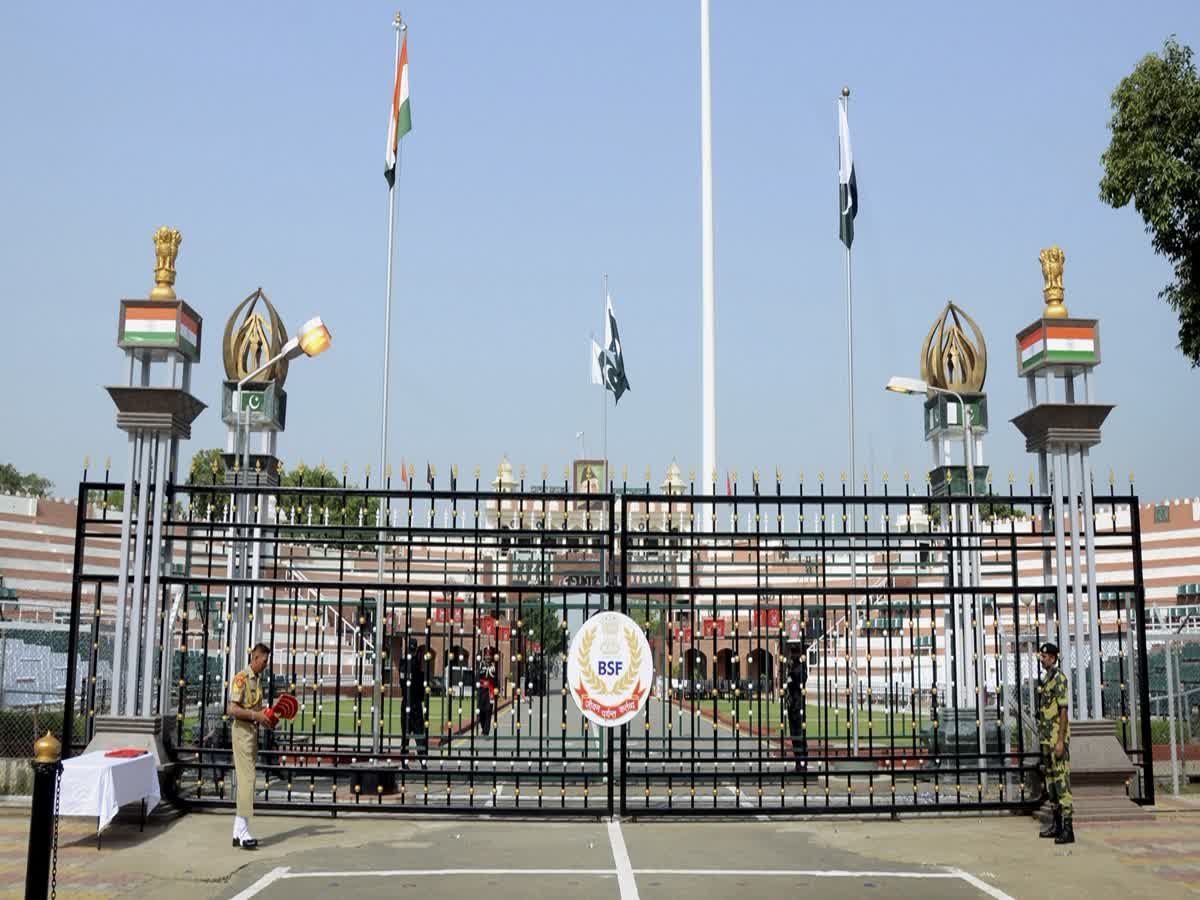
The root cause, which merits repetition, is the persistent Jammu and Kashmir issue.
The international community, led by the United Nations Security Council through Resolution 47 (1948), committed to organizing a plebiscite to determine the future of the region.
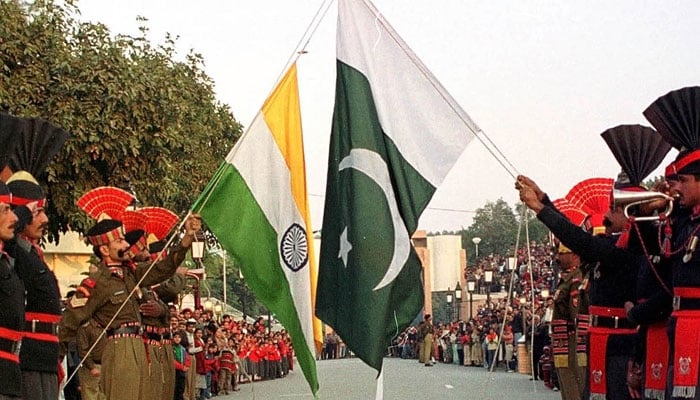
This commitment must finally be fulfilled, and the issue resolved. The strained bilateral relations, marked by wars, near-conflicts, and diplomatic standoffs, not only exist in a context where nearly 2.08 billion people — one-fourth of the global population — endure poverty, chaos, animosity, and underdevelopment, but they also raise the alarming risk of nuclear-armed countries edging closer to catastrophe.
More than 51 years later, this situation underscores the urgency of addressing the Jammu and Kashmir dispute as a critical step toward improving the dire circumstances faced by much of South Asia.
Acknowledging this, the UN Security Council revisited the Jammu and Kashmir issue in 1998, after both nations became nuclear-armed, by passing Resolution 1172, which specifically called for resolving this long-standing conflict. In recent days, notably following the tragic terror attack that claimed the lives of 27 innocent Indians vacationing in the remote resort town of Pahalgam in Indian Illegally Occupied Jammu and Kashmir (IIOJK), tensions have surged dramatically.
Pakistan was promptly blamed for supporting the group responsible for these heinous killings. Consequently, the Indian government and much of the media reacted with fervor, demanding punishment for Pakistan and a lesson to be taught. In response to the crisis, Indian Prime Minister Narendra Modi cut short his state visit to Saudi Arabia and returned early.
On Indian television, retired General Bakshi expressed his distress and called for military action against Pakistan, warning that failing to respond would make India seem like a “nation of eunuchs.”
He even disparaged Bangladesh, referring to it as a “two-anna nation.” By late evening, India announced several significant steps: it intended to withdraw from the Indus Waters Treaty (negotiated by the World Bank), cancelled its participation in Saarc, revoked all visas issued to Pakistani citizens, and reduced the staffing at Pakistan’s High Commission. India declared to the international community that all terrorism originating from Pakistan must be halted at any cost.
It is troubling that the high-level security meeting convened in Delhi did not include the elected chief minister of IIOJK, Omar Abdullah.
India’s decision to suspend the Indus Waters Treaty establishes a dangerous precedent that may have lasting repercussions, especially considering India has similar agreements with other nations. In response, Pakistan called upon the international guarantors of the Indus Waters Treaty to scrutinize India’s unilateral withdrawal from the agreement, deeming it illegal and warranting urgent action.
Pakistan also mirrored this response by demanding the immediate departure of Indian High Commission personnel in Islamabad, including defense attaches.
Now, let’s place the attack and the ensuing reactions in context. The killing of innocent civilians must be unequivocally condemned, and we extend our deepest condolences to the families of the victims. While an investigation is necessary, past experiences indicate that such inquiries often yield little substantive results. Some voices in Pakistan have branded this as a false-flag operation.
While I won’t make that assertion due to lack of concrete evidence, I can’t discount the possibility, particularly given the precedent of the Chattisinghpora Sikh killings in 2000, where former US President Bill Clinton noted that Indian agencies were allegedly involved, a narrative that was later quietly withdrawn.
Regarding the Pulwama incident, it’s worth recalling what the governor of IIOJK publicly stated on multiple occasions: that it was orchestrated by the Indian government for political gain during election season.
An additional layer to consider is that the murder of innocent civilians is absolutely condemnable and cannot be justified, just as the killings of innocent Kashmiris by Indian forces, who lie in unmarked graves in Srinagar’s cemetery, cannot be justified.
Equally abhorrent are the actions taken against imprisoned Kashmiri politician and nonviolent leader Yaseen Malik, as well as against peace-loving activist Khurram Parvez — both of whom the Indian state appears intent on silencing.
With the blood of notable Kashmiris like Gilani and Burhanuddin Wani either directly or indirectly on India’s hands, the Indian state must accept some responsibility for those caught in the crossfire in IIOJK.
There exists a very real sentiment that India cannot ignore: Kashmiris fundamentally resent the events of August 2019. If India believes its illegal annexation is irreversible, it is under a grossly misguided illusion.
Dialogue and a resolution are crucial. Strict policing of APHC leader Gilani Sahib’s grave, dispatching death squads to Pakistan in recent years, and weaponizing resources like water all represent the troubling actions of an occupying state.
It is often argued that India’s behavior should be seen as the natural conduct of a major power, and realism dictates that Pakistan must accept it. However, Pakistan stands as a middle power, grappling with its internal issues, and is still capable of resisting Indian hegemony and state-sponsored terrorism. While it may not find success immediately, neither will India remain an uncontested hegemon in South Asia. It is not possible for Delhi to secure peace in IIOJK through violent means of occupation and annexation, nor can it unilaterally detach itself from the Indus Waters Treaty without facing serious repercussions.
The international community must understand the reality of the situation and the consequences of its policies towards India and Pakistan. While conflicts offer no solutions — a hard lesson learned by Pakistan in Kargil — if India seeks one, Pakistan is ready to respond.

